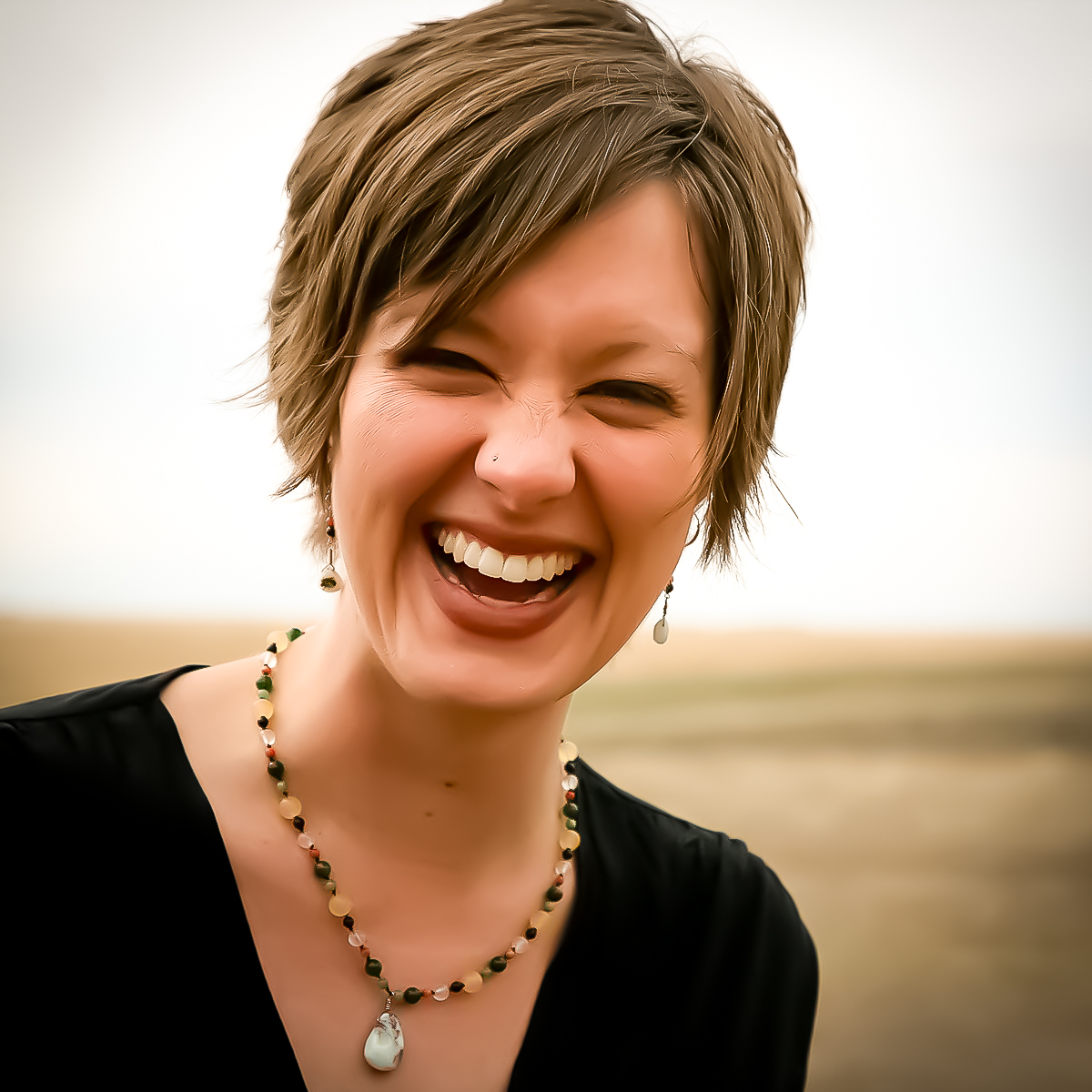The air echoed with overhead announcements, the flutter of pigeon wings, voices calling across the platforms to each other. Even inside the train, the city air was heavy with exhaust. I found my compartment, tossing my bag onto the mustard-colored vinyl. I shifted my rucksack to my hip and hefted it into the overhead rack, taking my seat by the window. The sky outside had settled into night.
By the time the train lurched and then moved away from Rome’s Termini station, there were eight of us facing each other, four on each bench. I sat by the window, angling my legs, trying to stop shifting, finally making peace with the fact that I was sitting across from a man who was at least a foot taller than me.
There are no speed trains to the south of Italy. The average train trip takes eight hours, and we were set to arrive first thing in the morning. At first, the romance of my journey held my imagination captive. I exercised my limited Italian with my companions, then wrote for a while. As the city lights grew farther between, I closed my eyes and tried to sleep, only to be rocked awake again. By two a.m., all I wanted was to stretch out, something I wouldn’t get to do for another four hours. The train meandered, stopping at small stations, continuing on, rocking back and forth through the darkness. I finally got up to pace the corridor, stopping to press my forehead against a window, knowing long hours of darkness remained ahead but still, letting my eyes search for light beyond the glass.
The rhythm of the train slowed, groaned to a stop. Two travelers rushed past me, disembarking, then disappearing past the lone streetlight. My body ached; I longed for morning. Words from Psalm 130 ran like a plea through my tired mind. The train continued on, rocking steadily through the darkness.
The words in Psalm 130 are an aching lament. The Psalmist begins by begging for God to listen:
Out of the depths I cry to you, O Lord!
O Lord, hear my voice!
Let your ears be attentive
to the voice of my pleas for mercy!
The writer does not assume that God is listening, perhaps because the depths are a place of darkness, suffering, and isolation. It is no small thing to feel invisible; it is no small thing to feel alone. O Lord, how long? O Lord hear my voice! In the dark, I am keenly aware of my lack, my fierce longings, my inability to save myself.
Psalm 130 continues:
If you, O Lord, should mark iniquities,
O Lord, who could stand?
But with you there is forgiveness,
that you may be feared.
The darkness is a disorienting place. It is a place where the things I have known in the light take on strange, distorted shape. In my fear, the Psalmist offers hope: “but with you there is forgiveness.” Forgiveness is the only thing that can pull the weed of fear out by the root. Am I willing to surrender control and welcome a Presence that offers relationship, but not on my terms? Will I risk believing that my fear can be replaced by reverent awe? It feels too good to be true, but it’s here: if I allow it, the fear that cripples me can give way to a fear that brings life. John the Apostle said it this way:
God is love. When we take up permanent residence in a life of love, we live in God and God lives in us. This way, love has the run of the house, becomes at home and mature in us, so that we’re free of worry on Judgment Day—our standing in the world is identical with Christ’s. There is no room in love for fear. Well-formed love banishes fear. Since fear is crippling, a fearful life—fear of death, fear of judgment—is one not yet fully formed in love.[1]
Encounters with God can happen in the dark. In fact, it is precisely here that my pretty categories about who God is and how God works—and the ways I have allowed my image of God to take a shape that looks a lot like me—can be revised. The scalpel cuts deep, and I want to want God on these terms, but— Oh! I long for the light.
This year we enter an Advent season like our modern world has not experienced, because we already ache with brokenness, with isolation, with waiting. The guttural groans echo from continent to continent. How long? Again and again, we face our mortality and vulnerabilities, the underbellies of our history and institutions, fractious politics, our addictions to image and distraction. As I write this, smoke from wildfires makes my throat raw. In so many ways, our world is burning.
Advent: it had been more than 400 years since the Children of Israel had heard from God. There had been no oracles, no visitations, no miracles. There had been no deliverance, or even new promises that deliverance would come. Instead, occupation and oppression, year after year after year. They groaned. The darkness persisted, and there seemed to be no dawn.
And then, the silence was broken by a Word like no one expected: a young virgin, an angel’s visitation, a holy pregnancy, an inauspicious birth. This Word “that became flesh, that made its dwelling among us”[2] was not a spoken word, but an embodied Word: speaking, laughing, teaching, weeping, loving. Jesus, whose coming broke the cosmic silence in a way that no one expected, and who continues to defy expectations. I ask for answers, He offers me relationship, and loves me enough to let me make the choice of whether I will answer Love’s call.
The darkness, the wait, and the lament, continue:
I wait for the Lord, my soul waits,
and in his word I hope;
my soul waits for the Lord
more than watchmen for the morning,
more than watchmen for the morning.
The Hebrew word for wait is qavah, which means, “to bind together, to be joined, to be gathered, to expect, to look for patiently, to endure.”[3] Inherent in waiting is a gathering together, but this is not of external companions. In order to wait well, I must keep company with my soul. When I am in the depths, traveling through the darkness, I must reckon with myself and the way my mind rationalizes and dominates, the way my emotions lie to me, the way my heart tries to hibernate until the light returns. There is chaos. But God is no stranger to chaos.
In the beginning, God created the heavens and the earth. The earth was without form and void, and darkness was over the face of the deep. And the Spirit of God was hovering over the face of the waters.[4]
Even before the very beginning of the world, the darkness was a place where God’s Spirit was. God, before calling something from nothing, lingered in the darkness, a place rich with creativity, possibility, promise. Could it be that my darkness can also be full of God? Could it be that I am not alone, but can choose to welcome the company of Another who does not exist to make my world work, but who welcomes the shattered and chaotic parts of my soul and my story on His terms? If I will believe this, if I will welcome this, my soul does well to wait.
Psalm 130’s lament finishes with a call to hope:
O Israel, hope in the Lord!
For with the Lord there is steadfast love,
and with him is plentiful redemption.
And he will redeem Israel
from all his iniquities.[5]
Even in the dark, I can open my hands to release all I cannot know and welcome a God who came, who comes now, and who will come again. A God who chose to experience pain, not explain it. When I allow this God to invite me into a story that is bigger than myself, I free my capacity to enter mystery, to welcome wonder. In the darkness, will I allow my pain a voice, but not let it have the final say? Will I leave behind the calculated logic of self -protection and open myself up to the companionship of steadfast love, letting it break my heart open? Will I lean my full weight on, and yet at the same time relinquish, the ways I think redemption should look? How I fight this slow journey through the dark.
From the train’s window, outlines of olive trees began to take shape out of the darkness. Slowly, imperceptibly, the light pushed back the darkness. Dawn arrived. And as the sun leapt over the horizon, the light sparkling off the Mediterranean Sea was so bright I had to close my eyes.
I have never questioned that the sun will rise, but as I watched for it that night, I ached with my whole being for its coming. I ache still.
[1] 1 John 4:17-18. The Message : The Bible in Contemporary Language. Colorado Springs, NavPress, 2012.
[2] John 1:14. ESV : Study Bible : English Standard Version. Wheaton, Ill., Crossway Bibles, 2016.
[3] The Hebrew-Greek Key Word Study Bible NASB Hardbound Indexed. edited by Spiros Zodhiates, Th.D., Chattanooga, TN, AMG Publishers, 1990, p. 1771.
[4] Genesis 1:1-2 . ESV : Study Bible : English Standard Version. Wheaton, Ill., Crossway Bibles, 2016.
[5] Psalm 130. ESV : Study Bible : English Standard Version. Wheaton, Ill., Crossway Bibles, 2016.
The featured image is courtesy of Julie Jablonski and is used with her gracious permission for Cultivating and The Cultivating Project.
Amy Malskeit is a lover of words and stories and people. She holds an undergraduate degree in English and Spanish, a secondary English teaching credential, and an MA in creative writing with an emphasis in poetry from Lancaster University in Northwest England. Her years teaching middle and high school gave her a love for middle grade and young adult literature, and the awkward awesome that being a young adult means. She is a mother of two who plants her garden and makes her home in the foothills southwest of Denver with her best friend, Kevin. She loves the water, and feels most at home when she is near the Pacific Ocean. She reads broadly, and is passionate about exploring big questions and small moments through her poetry, essays, and stories.
Leave a Reply
A Field Guide to Cultivating ~ Essentials to Cultivating a Whole Life, Rooted in Christ, and Flourishing in Fellowship
Enjoy our gift to you as our Welcome to Cultivating! Discover the purpose of The Cultivating Project, and how you might find a "What, you too?" experience here with this fellowship of makers!


Amy! This just brought me to tears. The depth, the journey, the hope are all so evident. Thank you for sharing your heart through the gift of God you Have been given. ❤❤❤
@ Linda, thank you for your vulnerable reading and response. It’s a gift to have a reader like you.
I hear your voice when I read your words
It’s a familiar voice with such depth and truth. Reality sits at your door and doesn’t need to knock for you to know it’s there for you to open your heart and hear the words of the Lord. So beautifully written. The dark as well as the light come every day.